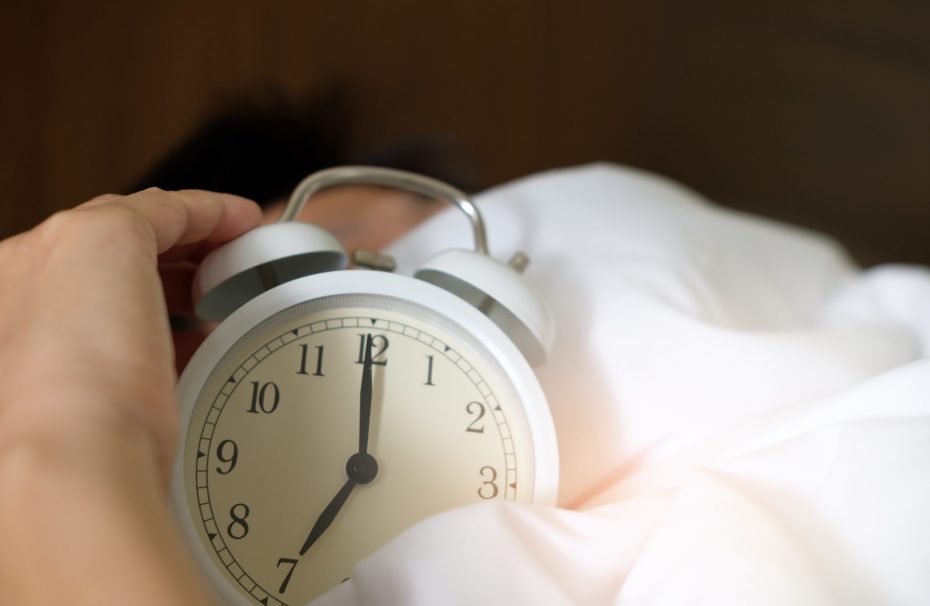Not sleeping enough can impact how we perform daily tasks and affect our short term and long term health. On World Sleep Day, UoB School are sharing a few hints and tips to help improve sleeping habits – especially for our pupils and students currently revising and taking examinations.
Have a sleep routine
Have a regular sleep routine and sleep at a similar time each night. For example, you may eat your meal, read a book, or have a bath at the same time every night to help your body adjust to a routine.
Exercise for better sleep
Exercise not only helps with general health, it helps you sleep better too! Aim for around 60 minutes of exercise every day. Get outdoors and enjoy the daylight, as this will encourage healthy sleep patterns.
Cut out the caffeine
Drink less caffeine, especially in the 4 hours before bed. It’s found not only in the coffee, but also in drinks such as cola and tea. Caffeine can stop you falling asleep and reduce the amount of deep sleep you have.
Eating habits
Eat healthy foods to give you the nutrition you need and avoid eating too late. It’s best to eat your last big meal before 7pm. If you do feel hungry after, choose a smaller snack – bananas are a good example – they release energy slowly so give you a constant source of nutrition and can help you avoid that peckish feeling late at night!
Limit screen use
Using mobile phones, tablets or TV just before you sleep can interfere with the quality of your sleep. Having screens in the bedroom also means you’re likely to stay up late, leaving you more tired in the morning. Try at least 30 minutes to 1 hour without screen time before bed. Perhaps read a book instead…
Talk it out
Spending time thinking about the day you’ve just had won’t help you fall asleep. If you’re finding it difficult to drift off, try speaking to family or friends about what’s on your mind, or keep a notebook and pen next to your bed and write down any thoughts or ideas you have.

